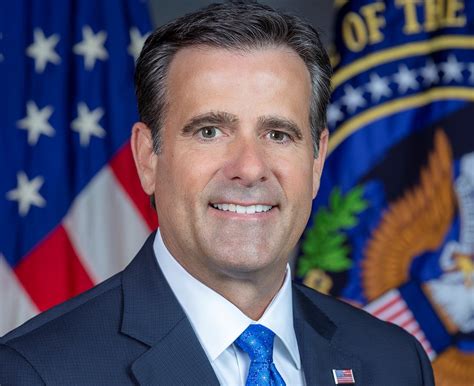A Quote by John Hickenlooper
Oftentimes, when constituencies or sectors of opinion are distinct, when they are confronted with a situation where they're going to have to make a serious compromise, they react very negatively publicly, but they also recognize when they step back that this is right.
Related Quotes
Will Hurd and I are very good friends. But we represent, as Republicans, very different constituencies. And so, not withstanding the fact that he and I are personally very good friends... we both realize that to represent our constituencies well, we're not going to be on the same side of certain issues. And that's okay.
I did a lot of work with early 20th century attitudes, the kind of superficial notions and behavior that prompt people who don't know history very well to think that "people were different back then" - but beneath all that are characters who react in ways that we can all recognize, and will always be able to recognize.
Emotion operates, very often when you think about how you react to the world, you know, something is happening to you, you're simply going along and you're being confronted by different things, not necessarily very important or significance for your ultimate life, but you are constantly reacting to the world.
The big occurrences in life, the serious ones, have for me always been nearly impossible to recognize because they never feel big or serious. In the moment, you have to pee, your arm itches, or what people are saying strikes you as melodramatic or sentimental, and it's hard not to smirk. You have a sense of what this type of situation should be like - for one thing, all-consuming - and this isn't it. But then you look back, and it was that; it did happen.
The reader must come armed , in a serious state of intellectual readiness. This is not easy because he comes to the text alone. In reading, one's responses are isolated, one'sintellect thrown back on its own resourses. To be confronted by the cold abstractions of printed sentences is to look upon language bare, without the assistance of either beauty or community. Thus, reading is by its nature a serious business. It is also, of course, an essentially rational activity.
I think there will be great leaders emerging from the State of Mississippi. The people that have the experience to know and the people not interested in letting somebody pat you on the back and tell us "I think it is right." And it is very important for us not to accept a compromise and after I got back to Mississippi, people there said it was the most important step that had been taken.


































